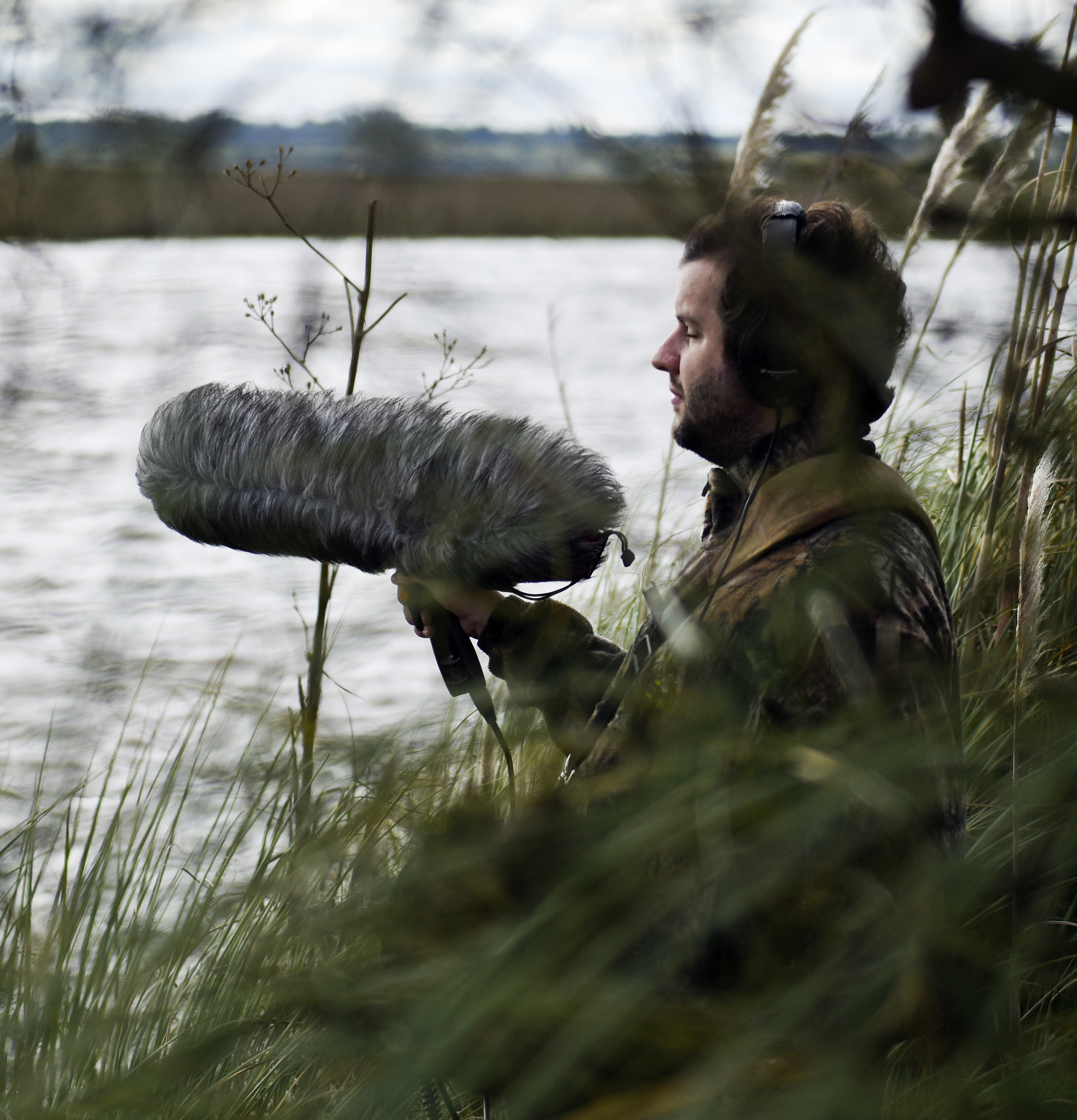Sounds extraordinary: Blind man can identify 3,000 birds by their calls
Born blind, Juan Pablo Culasso has never seen a bird. But through his gifted sense of hearing, he can identify more than 3,000 different bird sounds and differentiate more than 720 species. Now, the 29-year-old Uruguayan iis spreading his own wings on a mission to record and learn from the sounds of nature, recently completing a two-month journey to Antarctica to record sounds from the Earth’s coldest continent. “I keep adding sounds to my list,” he said. “In Antarctica, I recorded sea lions, seals and a melting iceberg.”
Most blind people move within the confines of the blind world, and never leave that comfort zone, but I was never that way
Juan Pablo Culasso
Mr Culasso said he realized he had perfect, or absolute pitch, when he was a boy. Tossing stones in a river, he was able to tell his father exactly the note each one made when it hit the water. Later, his father read to him about birds from an encyclopedia that came with an audio cassette of their calls. “That’s when I realized that I could memorize birds by their sounds,” he said. When he joined an ornithologist on a 2003 field visit, the bird expert gave him a recorder and he was hooked.
It’s not that these people hear more, they hear the same as anyone else. It’s that their brain has a great capacity to interpret sounds and their nuances, much more than normal people do.
Alicia Munyo, from the phonology department at Uruguay’s Republica University

Odd News